Last Updated: 17th Feb, 2021
It takes a few unsatisfactory customer experiences to overthrow a startup’s conversions. It doesn’t mean that large enterprises are invulnerable to reputation threats. When the bad reviews and experiences are intentionally targeted at a brand to tarnish its public image, it can expect some damage. Also, on the internet, it isn’t easy to maintain a positive brand image especially when the number of independent publishers is in millions.
In view of this quandary, the practice of online reputation management (ORM) has gained significant popularity in the recent past. The basic analysis for ORM does not require any professional skills, and you can carry it out easily with the following tips, or you can also check our beginner’s guide to ORM for small businesses for more knowledge.
How to Build Online Reputation: Personal & Business Reputation Management Tips
From a sales point of view, online reputation can be compared with brand value. Millions of consumers in the fashion industry consume products from Zara, Gucci, Arrow, Vans, Under Armour and more. The sales of these brands will witness a significant decrease if they lose their brand value. On the internet, every rating, review, link, news article, or blog that includes you, define your brand value and drives sales. Thus, all our approaches to fix or build your online reputation will focus on these elements. The image tarnishing content from online media and competitors will require the most attention.
Try the Proactive Approach
Working on your online reputation after denunciation isn’t a feasible approach. Whereas, when you have already built a formidable reputation with the help of valuable content, bad reviews aren’t going to bring a severe downfall. Your critics will also require strong evidence to support a false claim, which is not the case in the non-proactive approach.
To maintain an image that is not so susceptible to bad reviews and events, try to capture the top 20 results on Google with positive content for your brand name. A few methods for achieving this are:
- Create a Twitter profile and upload content regularly. Active social media channels are ranked higher by Google, especially Twitter handles. However, creating a business account on Facebook, LinkedIn, and Instagram will also help.
- Distribute press releases to dominate the results in Google News.
- Create video content for YouTube. Professional business videos not only increase engagement but also deliver the brand message accurately.
- Start posting informational content in a subdomain or a blog page. Ensure that your brand’s name appears in the subdomain’s URL if you select that option.
Remove Negative Coverage from Independent Online Media
You might be investing a hefty amount of money in electronic and print media but the internet adheres to a different set of rules. If your content or policies offend a small independent news website, a single post can be quite detrimental.
This happened with one of our clients, which is a new financial advisory company that follows a unique business model. When a media firm represented it in a bad light, it secured the top rankings on Google for all the wrong reasons. . A single negative link tainted its brand image on Google and other search engines.
Most suitable proactive approach (Monitor Online Brand Reputation) – To monitor your reputation on the internet, appoint a team of professionals to keep a regular check on your online search results. This way you will be aware of the presence of any such content that is harmful to your reputation.
Check the first three pages of a search result for negative links/feedback or reviews for your brand name. Set alerts on your brand name for early detection of negative links. Online tools such as Social Mention can help you in online reputation tracking.
Business reputation management tips in case something bad happens;
- Respond to the post through the comment section to clarify your position
- Answer questions and comments with patience.
- Send a personal mail to the publisher explaining the situation, how you are working to correct the issue (if there is any)and request to take down the post
- If such negative reviews or links come from authority websites, they will be harder to get rid of. In a crisis situation, invest in PPC to place sponsored positive links above it. British Petroleum carried it out very well after an oil spill situation.

Prevent Reputation Attack from Competitors
In instances where your business rivals have used foul tactics to soil your reputation, you may discover low-quality back-links from adult websites, anonymous defaming posts on forums or blog posts with words like SCAM, SUCK and FRAUD.
Here is an entire domain dedicated to the hate group for Yelp by the name of yelp-sucks.com.
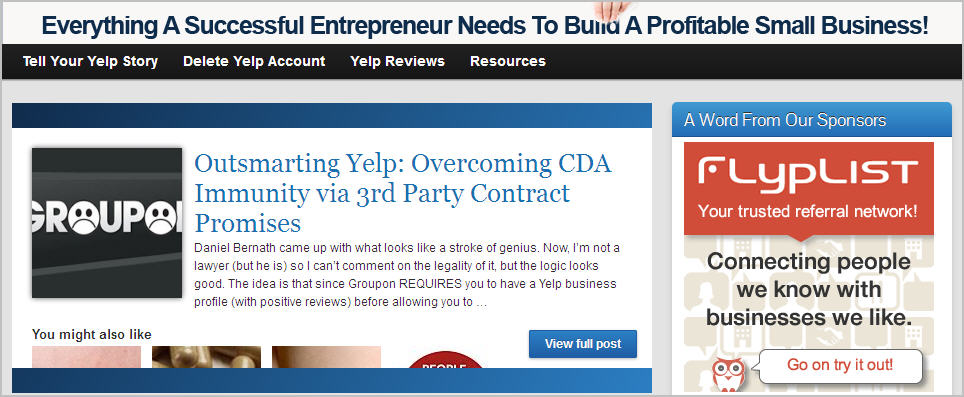
Google gives an upper hand to discussion communities and blog posts in its search results.
Recommendations from online reputation management companies;
- Buy domains associating your brand name with suffixes such as reviews and testimonials (yourbrandname-reviews.com) to post testimonials and comments from satisfied clients.
- Set alerts for negative words in blogs and reviews. This will speed up your reaction time.
- Proactively promote creative and positive content for negative branded keywords. Such content should preferably be shared on authority domains so that it always appears above negative links.
- Keep a regular check on your company’s backlinks. If at any time you find an inappropriate website sending traffic to your website, disavow them with the help of Google’s webmaster Tool. If your team does not have the required expertise, consult an SEO expert.
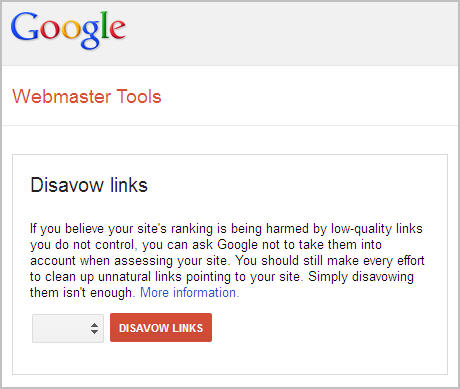
Get your Free Reputation Analysis Report
Heat on social media between business giants is the new norm these days. The brands who indulge in online feuds are well aware of their consumer strength. Not to mention, their spats pass as sarcasm and humour in history. For brands that are not widely recognizable, small online arguments in Google reviews or anywhere on the internet with an individual or a brand can be misinterpreted and become a stain on the image.
For example:
Check out the following social media feuds between some popular brands:
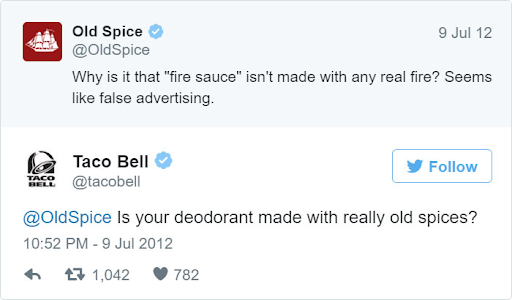
Instead of sabotaging the reputation of these brands, their humour-filled arguments ended up making them more popular. These feuds worked for the above-mentioned brands but it does not mean that they will work for SMBs and startups as well. Meaning, it is wiser to formally treat any social media arguments instead of planning a revengeful comeback.
Control your Social Media Vulnerability
Social media channels also make companies vulnerable to online criticism. LinkedIn and Facebook are two of the most used channels of any organization. Though the control always resides with the brand as it manages the profiles, online criticism can still tarnish a brand’s image. To deal with criticism, social media marketers do not suggest the impatient deletion of posts and comments; instead well-thought and formal replies.
Recommendations from brand reputation management agencies:
- Guide employees on how to interact on social media. What they speak about your company’s policies and work culture through formal and informal channels affects your company’s image.
- Create a protocol for handling social media communications and interactions.
- Be careful while voicing opinions on LinkedIn communities.
Converse with Your Audience
Many companies fail to clear their bad image due to the lack of communication with their consumers. When a company does not resolve a customer’s queries or fails to provide customer support in time, it counts as incompetence on the company’s end. The customer whose query the company failed to address, establishes a prejudice in his mind and ignores purchasing from the same dealer again. In the future, he shares his bad experience with his peers, which becomes a word of mouth and affects sales.
If that same customer tends to upload the issue online on social media, there are chances that the company’s bad reputation can escalate.
To prevent that, a company can:
- Start replying to comments on its recent blogs.
- Clear customer queries and doubts that arrive on its every platform.
- Use chatbot integration on its website and social media handles.
- Send formal replies to derogatory social media mentions.
- Train its customer service executive to be smarter and efficient.
- Create ‘how-to’ videos and content that directly addresses its audience like social media announcements and press releases.
Track Employees for Negative Mentions
The reputation of a brand is also associated with its employees and management. Instead of directly targeting your brand, an attacker can also target your employees and accuse them with false claims. By tracking the mentions of its employees in search engines, a brand can find out if it is getting indirectly targeted by another brand.
Offline activities of management can also create online disasters for a brand. The Coca-Cola pesticide issue is the perfect example. For such occasions, a combination of PPC and SEO works the best. It is best to consult online reputation experts for such occasions.
In Conclusion
While we have listed the most important web reputation management points for each category, here are some more for the best results:
- Don’t focus all your optimization energy on your website’s homepage. Smartly optimize inner pages like the ‘About Us’ and ‘Contact Us’ page to appear on first page results.
- Don’t forget to check Google image results. An expletive image or defaming graphic might be attached to your brand name. Image Raider is an online tool that can alert you when your images are being used inappropriately online.
- When in doubt, consult professional online reputation companies that cater to corporate and businesses.
Online reputation management can require weeks or even months to bring the desired results. The timing depends on various factors that are impossible to analyze by a single individual. The tips mentioned above will only help you to maintain your reputation at the basic level and some of them might be difficult to implement without adequate guidance. Therefore, hiring a professional reputation management company is a sensible option if you find yourself stuck or unable to consolidate a proper plan for ORM.
Get expert consultation to manage your online reputation
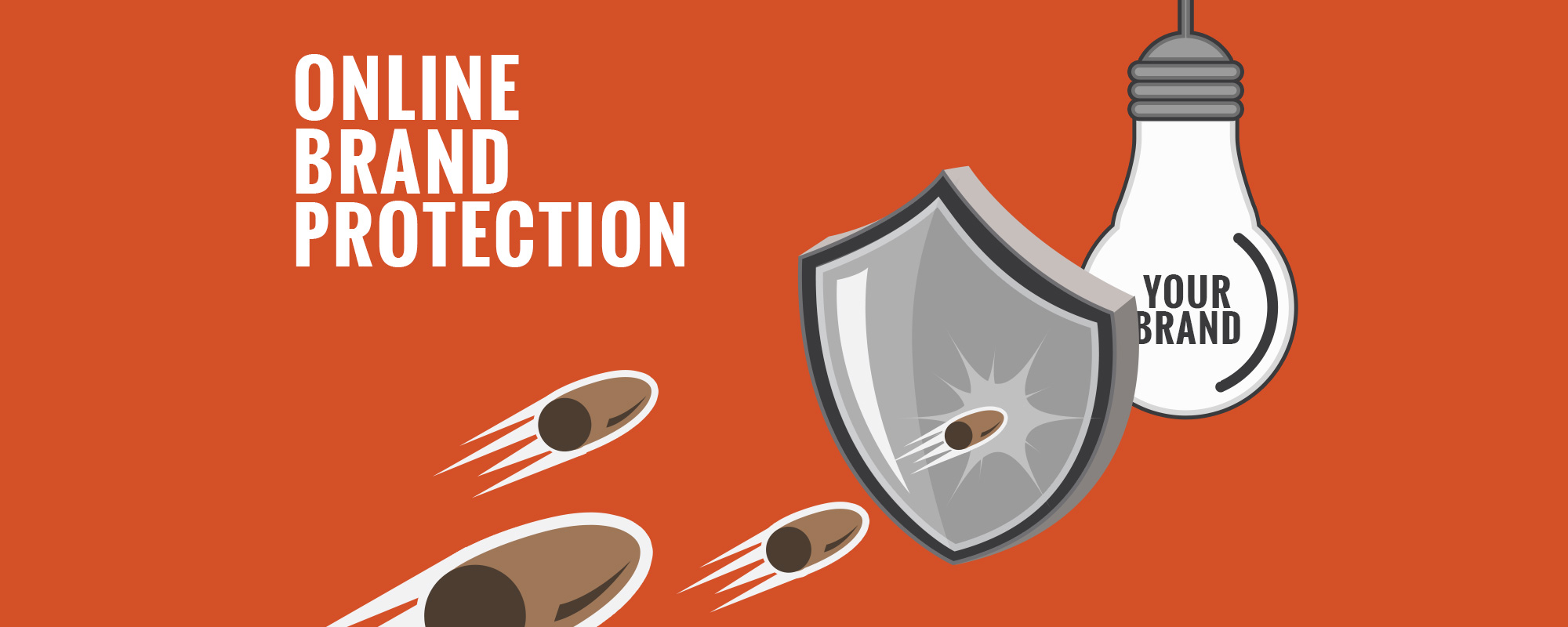





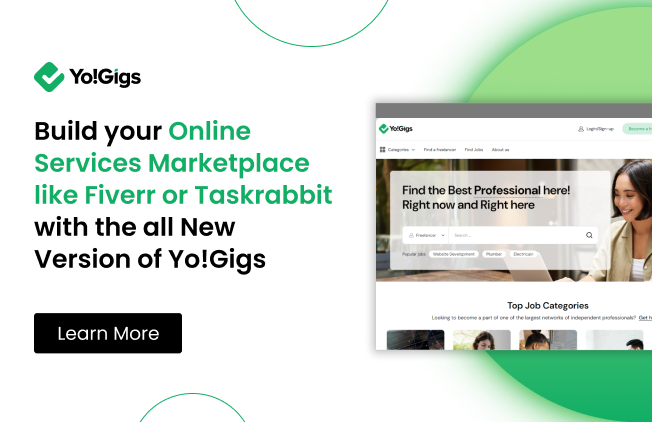
Comments (2)
 ujwal pandit
ujwal pandit
 FATbit Chef Post author
FATbit Chef Post author
I have learned some excellent stuff here about online reputation management. I wonder how much effort you put to create this type of magnificent informative article. Thank you so much!!
Hello Ujwal,
That is very kind of you to appreciate our efforts. Thank you so much 🙂
Regards,
Team FATbit